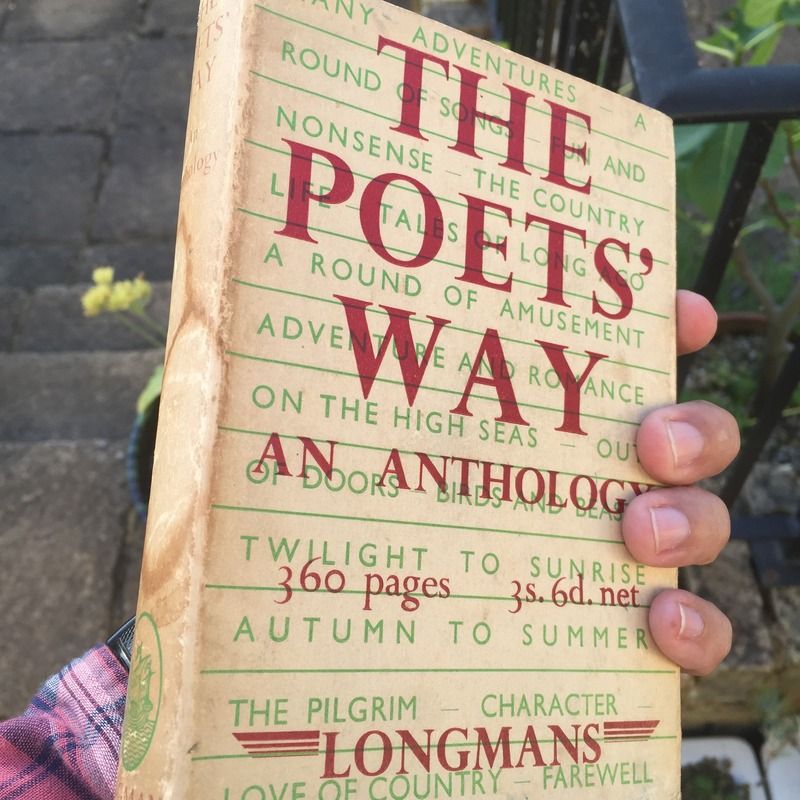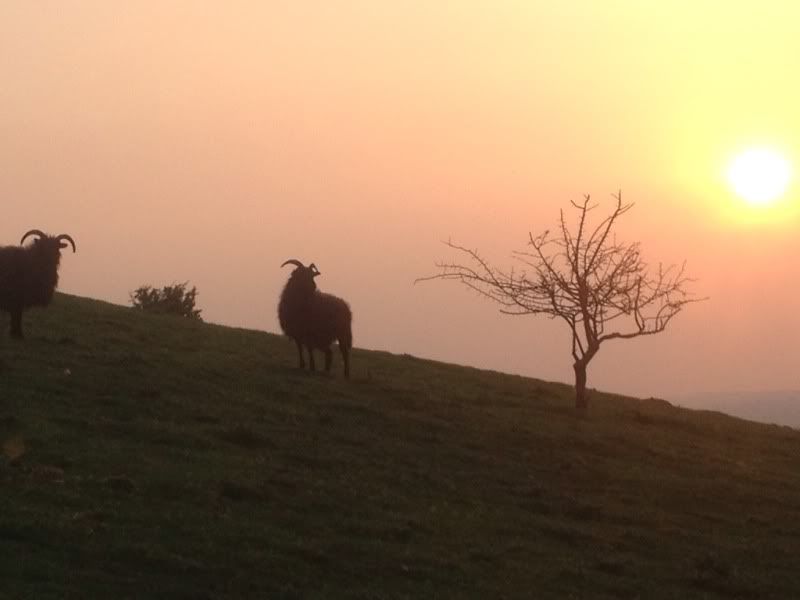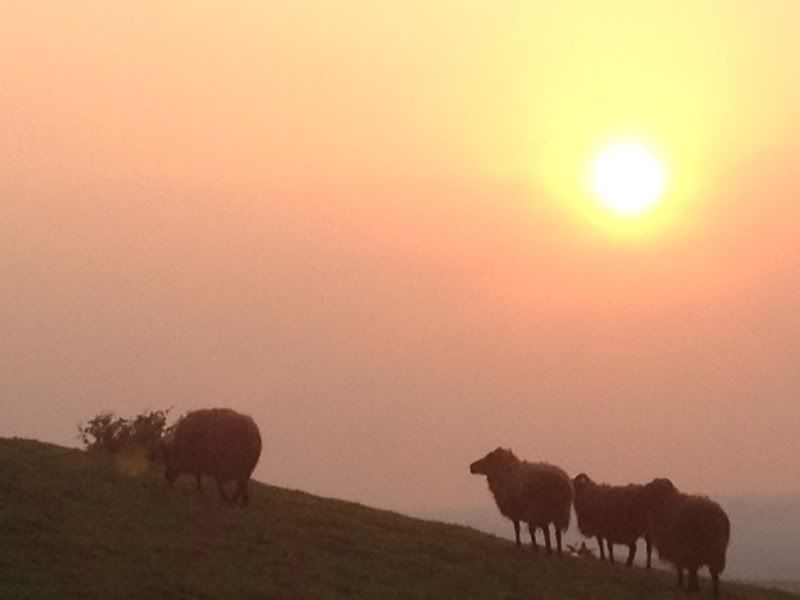“He had never liked October. Ever since he first lay in the autumn leaves before his grandmother's house many years ago and heard the wind and saw the empty trees. It had made him cry, without a reason. And a little of that sadness returned each year to him. It always went away with spring.
But, it was a little different tonight. There was a feeling of autumn coming to last a million years.
There would be no spring."
― from "The October Game" in Long After Midnight
I was deeply saddened when Ray Bradbury died in 2012, part of my childhood died too. In my sadness I was thrilled to see writers such as the lovely Joanne Harris (who I also greatly admire as a writer who captures the essence of the human spirit) write with such love about him.
He was, in my opinion, incorrectly classed as a science fiction writer, but he wasn’t particularly. His short stories, especially in what might be considered his “pulp” era, in the 40s and 50s were masterworks of fiction, ahead of their time in both pathos and sometimes unsettling darkness.
He wrote about the human spirit, kindness, love, tragedy, adversity. He made you feel. Made you love his characters, root for them. The fact that his protagonists were often in fantastical scenarios or worlds, was secondary to his craft. And his craft was the poetry in his writing and the fullness of his characters.
I’ve read lots of “tips for writers” over the years, but when I write, I think of it in terms of a reader, what do I want to read? I don’t (usually) want to be left feeling cold, I want to be engaged. I want to read about people I care about, people I feel empathy for, people, who even if they fail, (because life is like that), I know that even with their flaws, their intentions were good, even if their actions sometimes were not. I am a child of comic books, of clear boundaries between good and bad, as I’ve grown older I’ve learn the hard way, there is no black and white in life, just different shades of grey. In a book though, you can create a world of your own. Sometimes these worlds are fairy tales, and remember fairy tales are often dark and bloody, but also sometimes these worlds are steeped in reality, of sadness, violence, or even the mundane, where someone plods through life, but dreams of something better, of true love, of breaking out of monotony, of fame or infamy. All of these types of stories appeal, because they concentrate on people and the anguish, joy, love and missed opportunities of their lives.
Bradbury captured that, the inner darkness, but also the light. There is always hope in his stories. Mostly…
The quote above came from a book I haven’t read yet, I saw it shared on social media, and thought “wow, I wish I wrote that” (I don’t have a highbrow alternative to that statement!). But it’s true. There is something tragic and beautiful about that passage which engages me, wants me to read more. So tonight I bought the book it came from, online, second hand, because it doesn’t appear to be in print.
Which leads me onto my favourite Bradbury Book, The October Country, a selection of dark, borderline psychological horror stories. October is a funny month, it’s the kiss of winter, the sleep of summer. I went for a run and saw the gold of dead leaves slowly falling from the trees and felt an ache of that loss. That soon the darkness will come, the remaining flowers will wither, the days will shorten further, and I will feel the gloom of the season. The October Country is a book for Autumn. I will read it again. As I often have.
I wrote above that there is always hope in his stories.. mostly. Well the October country has some deeply unsettling stories. Like Skeleton, where a man becomes obsessed and terrified of the bones within him. Or The Man Upstairs, a really quite disturbing story of a child’s detachment from reality and how he can moralise committing a heinous crime.. or was it a crime? The Veldt is a masterpiece, exploring technology yet to be developed, but also childrens’ propensity to explore, sometimes to their own detriment or those of their loved ones.
But there are also lovely gentle stories, like the Homecoming, which has the most heart wrenching ending, I wrote a little more about it here. There Was an Old Woman, who refuses to die, even when Death pays her a visit. He gets an earful. And the Emissary, about a bedridden boy who explores the outdoors through the adventures of his faithful dog.
Bradbury had depth and feeling. In one of his later collections, he was in his late 80s I believe, I remember a story he wrote about a mother who lost her son in an accident, but knowing her son had donated his heart, made it her mission to find the recipient. All she wanted to do put her ear to this man’s chest, so she could listen to her son’s heartbeat one last time. So simple yet such a beautiful premise. It made me cry.
Thank you Ray Bradbury, for helping me read, and making me want to write.




